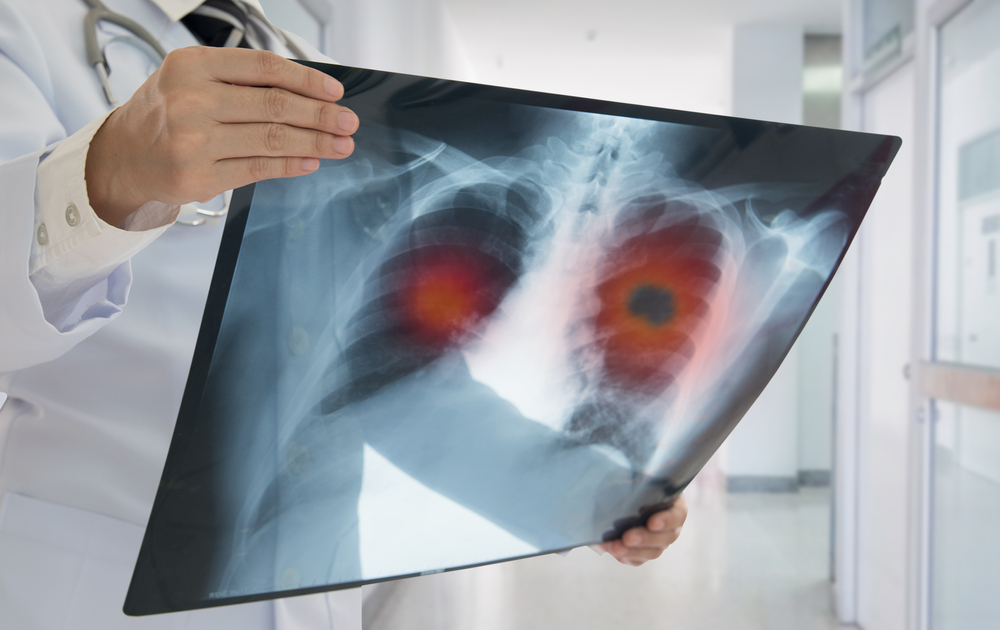How Lung Cancer Makes Its Presence Known.
Others are reading now
Lung cancer stands as one of the most frequently diagnosed cancers and also among the deadliest. In U.S, about 234.000 new cases are identified each year according to American Cancer Society. Unfortunately, due to the lack of distinctive symptoms in the early stages, the diagnosis is often made too late, impacting survival rates negatively.
Symptoms of Lung Cancer
-
Common Symptoms: Persistent cough and coughing up blood are among the most common symptoms, often indicating the disease has reached an advanced stage, making effective treatment challenging.
-
Early Detection: Understanding and recognizing subtle warning signs that can appear early on is crucial. One such signal is an unusual taste in the mouth, known as dysgeusia.
Dysgeusia Explained
-
What is Dysgeusia? A medical term describing taste disorders. Individuals may experience a sour, overly sweet, bitter, or metallic taste. These disturbances can result from malnutrition, medication, viral infections, or vitamin deficiencies.
Also read
-
Associated Conditions: As reported by the Cleveland Clinic, dysgeusia can also signal hypothyroidism, liver diseases, and dry mouth or xerostomia, which often affects lung cancer patients.
Do Not Ignore These Symptoms
-
Research Findings: A 2021 study published in “Frontiers in Oncology” reveals that taste and smell disturbances are common yet overlooked symptoms of lung cancer. According to researchers, these may affect 35-38% of diagnosed patients and 35-69% of those undergoing treatment due to side effects of medications, including chemotherapy.
Risk Factors
-
Tobacco Use: The primary risk factor for lung cancer. Tar substances in cigarettes, heavy metals like lead and cadmium, nitrosamines, hydrogen cyanide, and formaldehyde contribute to the development of the most dangerous form of cancer, small cell lung cancer. According to the World Health Organization (WHO), tobacco smoking is responsible for 77% of lung cancer deaths globally.
Other Symptoms to Watch For
-
Shortness of breath and wheezing
-
Decreased physical endurance
-
Persistent cough and coughing up blood
-
Stridor (a wheezing sound heard when air is expelled from the lungs)
-
Chest and shoulder pain
-
Fatigue
-
Swelling of the face and neck
-
Facial skin redness (known as superior vena cava syndrome)
-
Unexplained weight loss
Monitoring and recognizing these symptoms early on can significantly impact the effectiveness of lung cancer treatment and overall prognosis.


